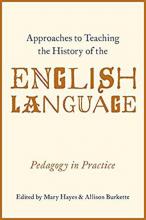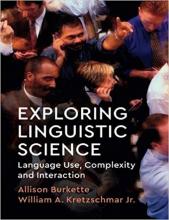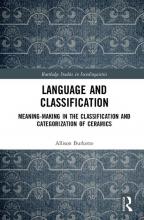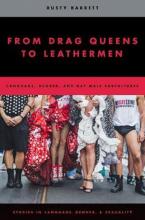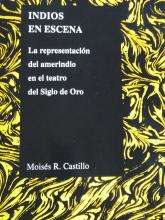The Art of Writing Reasonable Organic Reaction Mechanisms

Intended for students of intermediate organic chemistry, this text shows how to write a reasonable mechanism for an organic chemical transformation. The discussion is organized by types of mechanisms and the conditions under which the reaction is executed, rather than by the overall reaction as is the case in most textbooks. The treatment emphasizes unifying principles, showing how common mechanisms link seemingly disparate reactions. Each chapter discusses common mechanistic pathways and suggests practical tips for drawing them. Worked problems are included in the discussion of each mechanism, and “common error alerts” are scattered throughout the text to warn readers about pitfalls and misconceptions that bedevil students. Each chapter is capped by a large problem set. The author has drawn on his own research and the current literature to ensure that appropriate attention is given to topics across the range of modern organic chemistry. The text is unique in its inclusion of a chapter on reactions mediated or catalyzed by transition metals, an area in which mechanistic understanding is now essential. Relatively new topics such as olefin metathesis and cycloaromatization are covered without giving short shrift to more traditional areas such as carbonyl chemistry. The text assumes a basic knowledge of organic chemistry. It can be used either in a formal course or by students working on their own, and will be particularly useful for graduate students studying for qualifying examinations. It will also be useful to students and researchers in biochemistry, pharmacology, and inorganic chemistry.
In addition to the text, I also was able to benefit from the problems. I was sure I had the answer for more than a couple but I was way off on some of them! Great practice!! The on-line answers are much better than looking up answers by reference as in Carey and Sundberg. The JOC and JACS journals in our library from 1960s-1980s are a wreck because every year 20 or so first year grad students go tearing off through the journals looking up answers.
Just wanted to say thanks for such a helpful book. I am reading it again this summer in preparation for my preliminary exam next Spring.
Again, thanks for the great book. A lot of chemistry students (undergraduate and graduate) at our University are already finding your book really helpful.
Anyway, this book is extraordinary. Dr. Grossman has taught me so many things about how to write a correct mechanism and how to recognize a bad mechanism when I see one. The book is written in a very clear and friendly manner and it's really quite hard to put down when you start reading it.
The book also has practice problems and the book's website has the answers, giving even more incentive to practice mechanisms.
In organic chemistry it is not important to memorize a vast amount of material as, incorrectly, most neophyte students believe. The science really is an art with a few major rules that outline the whole of the science. If you truly UNDERSTAND these rules, and use this book for that purpose, you will succeed at any Organic course any school has to offer. Buy this book. Practice your problems. Be prepared to learn, not memorize.



